Majority of Marylanders Favor Clean Slate Act
Media
Feb 9, 2026
The Justice and Mobility Fund is a philanthropic collaboration that aims to boost economic mobility and improve the life trajectories of people impacted by the criminal justice system.
The Justice and Mobility Fund seeks to scale the impact, reach, and influence of solutions to problems caused by interaction with the criminal justice system, both nationwide and in targeted regions. Reducing convictions and incarceration and mitigating their negative downstream effects is critical to giving people greater access to jobs, educational opportunities, and housing that will help break the cycle of poverty.
Mass incarceration is one of the most critical civil rights issues of our time. 77 million Americans have criminal records and millions more interact with the justice system each year. Involvement in the criminal justice system severely disrupts economic stability and access to opportunity for individuals, families, and whole communities. Arrests and incarceration can limit people’s ability to get an education, maintain stable housing, connect to employment opportunities and public benefits, and more. Despite reform efforts, insufficient attention is paid to developing and scaling interventions that provide economic opportunity for people affected by the system.
Americans have criminal records and millions more interact with the justice system each year
The Justice and Mobility Fund brings significant resources to the field in order to achieve criminal justice reforms that boost economic mobility and scale the most effective solutions. We invest the long-term, flexible capital and provide the comprehensive support that visionary social sector leaders need to build capacity and make lasting impact. Working at key touchpoints along the spectrum of justice system involvement, from diversion to re-entry and beyond, our investees pursue significant, sustained changes that strengthen the criminal justice infrastructure. Their work encompasses multiple interventions, including direct service, policy and advocacy work, evidence-building, and efforts to change the cultural narrative about criminality and justice.
Additionally, the Justice and Mobility Fund is deploying an employment strategy to dismantle barriers to the job market for people with criminal records. Our investments prepare individuals for employment and career pathways and catalyze demand among employers to hire, retain, and advance people with criminal records who face inordinately steep barriers to economic mobility.
committed to organizations addressing the impact of justice system engagement
The Justice and Mobility Fund is a collaboration launched by The Ford Foundation and Blue Meridian Partners with support from the Charles and Lynn Schusterman Family Philanthropies. Leveraging Blue Meridian’s pooled funding and performance-based investing model and the Ford Foundation’s expertise in social justice grantmaking, the Justice and Mobility Fund presents the opportunity to make investments that can change the lives of generations. We welcome additional funders to join the partnership as we continue to innovate.
The Ford Foundation centers on belief in the inherent dignity of all people. Around the world, too many people are excluded from the political, economic, and social institutions that shape their lives. Across eight decades, The Ford Foundation’s mission has sought to reduce poverty and injustice, strengthen democratic values, promote international cooperation, and advance human achievement.
Visit WebsiteThe Charles and Lynn Schusterman Family Philanthropies is a global organization that seeks to improve lives, strengthen communities and reduce inequality. Their philanthropic vision is grounded in a commitment to pursue justice, repair the world and treat all people with dignity and civility. They invest in efforts to improve public education in the United States, strengthen the Jewish people and Israel, and address the needs of marginalized individuals and communities.
Visit WebsiteThe Justice and Mobility Fund makes large, unrestricted investments in nationally scalable solutions as well as strategic local investments, from pre-booking diversion efforts to programs that help returnees reintegrate into their communities. We are committed to investing in organizations with proximate leaders and staff who have been directly impacted by the criminal justice system.
Alliance for Safety and Justice (ASJ) works to replace over-incarceration with new safety solutions rooted in prevention, rehabilitation, and support for crime victims and people living with past convictions. ASJ organizes key constituencies, builds campaigns and coalitions, and cultivates state leaders and other influential decision-makers as champions of reform. These efforts have helped reduce incarceration and increase access to services and supports for communities disproportionately engaged with the justice system. ASJ is focusing on 10 states with the highest incarceration levels in order to drive effective reforms that reduce incarceration and boost investments in alternatives focused on shared safety for all.

The Center for Employment Opportunities (CEO) works to break the cycle of reincarceration by helping individuals returning from prison successfully transition back into their communities. By providing immediate paid employment, skills training, and wraparound vocational supports, CEO helps justice impacted individuals with short- and long-term employment needs in order to build a foundation for success. Additionally, CEO seeks to break barriers to employment by working with employers to promote inclusive hiring. The Justice and Mobility Fund also supported CEO’s Returning Citizens Stimulus which delivered a three-month stipend to 10,000+ people returning home from incarceration following releases due to the COVID-19 crisis.
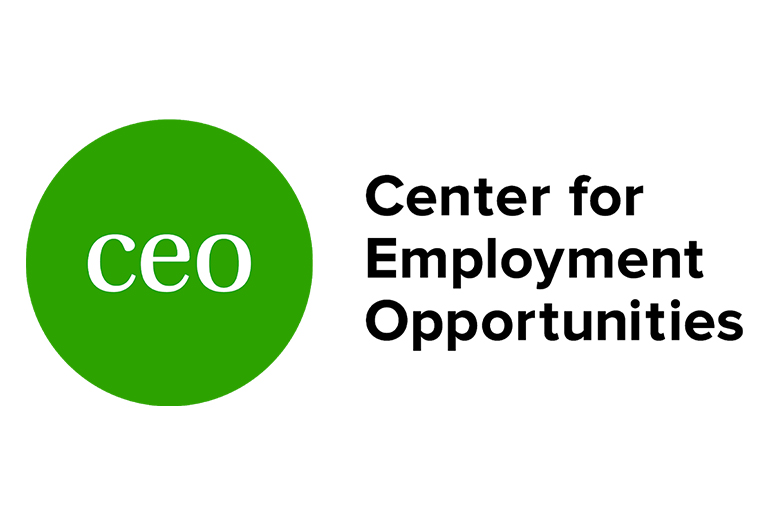
One in three Americans has a criminal record, which acts as a lifelong barrier to economic mobility. The costs of having a criminal record can last a lifetime due to restrictions on employment, housing, education, and occupational licensing. Currently, tens of millions of Americans are eligible for record clearance, yet the process for doing so is typically costly and extremely cumbersome for the individual, resulting in most eligible people not benefiting from record clearance. Working with state partners, The Clean Slate Initiative advances policies to automate record clearance for all eligible criminal records and expand the range of records that can be cleared, with the goal of increasing economic and social opportunity for millions of Americans.

Jobs for the Future (JFF) is a national nonprofit that drives transformation of the U.S. education and workforce systems to achieve economic advancement for all. JFF launched the Center for Justice & Economic Advancement in 2022 to focus on removing barriers to quality jobs for individuals with records of arrest, conviction, or incarceration. Through partnerships with employers, education and training providers, corrections agencies, and others, the Center promotes education, training, and fair chance employment both within correctional facilities and in communities. Through its key initiatives—Fair Chance Corporate Cohort, Normalizing Education Resource Center, and the Normalizing Opportunity campaign—the center will help JFF reach its North Star goal: By 2033, 75 million people facing systemic barriers to advancement will work in quality jobs.

Justice system involvement carries devastating lifelong consequences, impeding social and economic mobility for individuals and whole communities. Today, the United States is the most incarcerated country in the world. Operating for nearly 60 years, the Vera Institute of Justice works to create fair justice systems and develop ideas, research, and analysis to fight mass incarceration and end disparities. Vera partners with directly impacted people and government officials at all levels to build systems that ensure fairness, promote safety, and strengthen communities.

Center for Policing Equity (CPE) re-envisions new models of public safety and targeted services addressing violence that enable communities to thrive, as well as promotes data-driven approaches that reduce disparities in law enforcement. A research and action organization, CPE uses data-driven approaches to social justice and science to create levers for social, economic, cultural and policy change. By right-sizing and right-purposing policing, CPE seeks to build fair public safety systems for all. Additionally, CPE empowers vulnerable communities to engage with and shape their public safety systems, thereby promoting economic mobility and helping to maintain trust between communities and public safety systems. The Justice and Mobility Fund’s investment in CPE will support their strategic vision for reforming policing and improving community safety.

National Employment Law Project (NELP) is a leading advocacy organization with the mission to build a just and inclusive economy where all workers have expansive rights and thrive in good jobs. NELP is focusing on “lifting the floor” for low-wage workers. This encompasses ensuring accountable employers and work quality, workplaces and structures – including benefits and protections – that are shaped by workers, and the assurance that benefits will create the economic security workers need to live good lives through to retirement. This investment will position NELP to promote bold and lasting worker reforms. It also will support the scale, reach, and influence of system changes that are conducive to promoting economic and social mobility for justice-involved workers.

The Michigan Justice Fund is a collaborative of local and national funders that seeks to stem the flow of individuals into the youth and criminal justice systems, support the investment of public dollars to community-driven alternatives to incarceration, and ensure those who are returning home after incarceration receive the support they need to flourish. The Michigan Justice Fund is implementing a strategic plan focused on supporting the economic mobility and overall success of Michiganders with criminal records, reducing reliance on confinement and adjudication, and building a movement for communities to shape justice policies and funding.
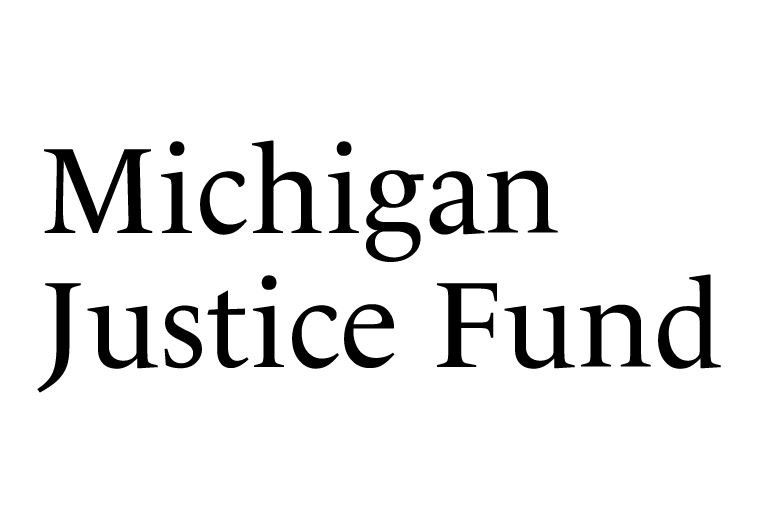
The Oklahoma Justice Fund aims to significantly shift the criminal justice landscape in Oklahoma – one of the most incarcerated states in the nation – by scaling the reform infrastructure in the state and creating the platform necessary to unlock transformative change. The Fund is implementing a strategic plan focused on increasing economic opportunity for justice-impacted Oklahomans through innovations in policy, programs, and practices and transforming justice systems through community power-building and narrative change.
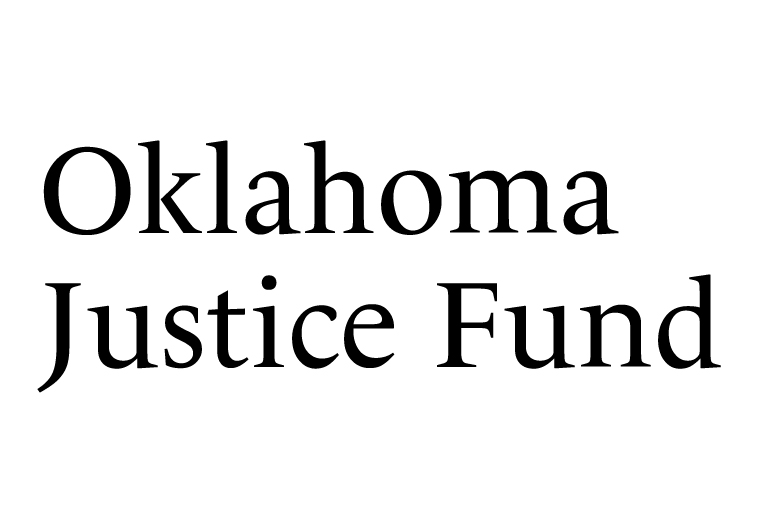
Law Enforcement Assisted Diversion/Let Everyone Advance with Dignity (LEAD) is a community-based framework that redirects individuals facing behavioral health challenges or poverty away from jail and prosecution to voluntary, low-barrier care coordination and case management. LEAD case managers work with law enforcement, prosecutors, and service providers to coordinate a holistic response, helping participants avoid harmful justice system impacts and move toward stability. A strong research base indicates that, when implemented with fidelity to the model, LEAD reduces crime, improves housing stability and lawful income status, and decreases jail and prison usage as well as felony case filings. Purpose Dignity Action (PDA), based in Seattle, supports LEAD and similar diversion efforts nationwide in urban and rural communities across diverse states.
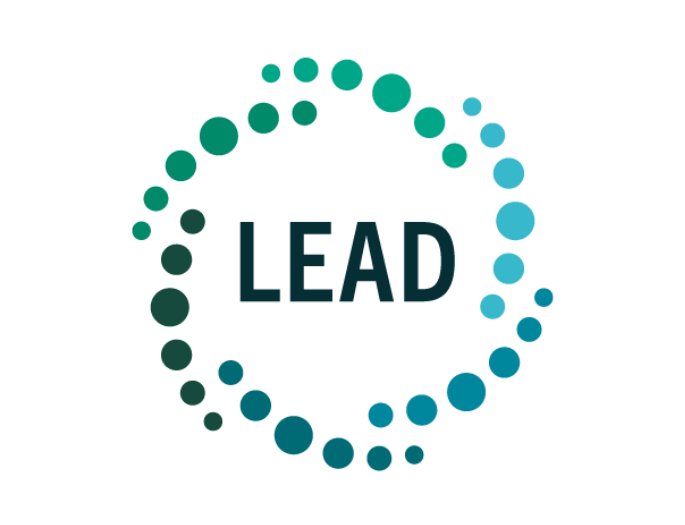
The Louisiana Justice Fund (LJF), housed at the Foundation for Louisiana, is a collaborative funder initiative investing in community-led reforms that reduce incarceration rates, improve reentry outcomes, and expand economic mobility for justice-impacted people. LJF unites national and local funders around a shared strategy informed by local needs. Its plan strengthens the ecosystem of justice organizations and leaders, advances narrative change, and drives systemic reforms across Louisiana. Through these efforts, LJF aims to dismantle barriers to opportunity and foster coordinated investments that create lasting impact for individuals and communities engaged with the justice system.
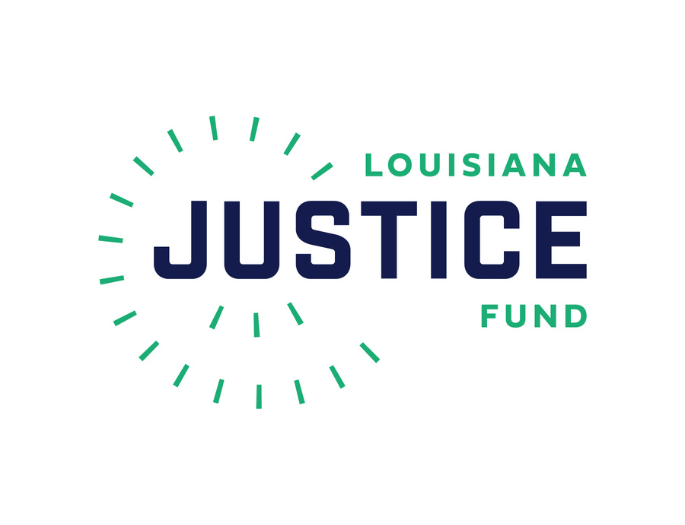
Project Investment
Founded by people impacted by the criminal justice system, JustLeadershipUSA (JLUSA) formed the JustUs Coordinating Council (JCC) in 2023. This national network of formerly incarcerated leaders came together to establish federal policy priorities that advance economic mobility for people impacted by incarceration. This year, the JCC published a report that calls for an increase in investment in the federal programs to mitigate the impact of incarceration on lifetime earnings and future generations. The council was invited to share recommendations with the White House during a Domestic Policy Council’s convening as well as key federal agencies to discuss advancing the priorities they established.
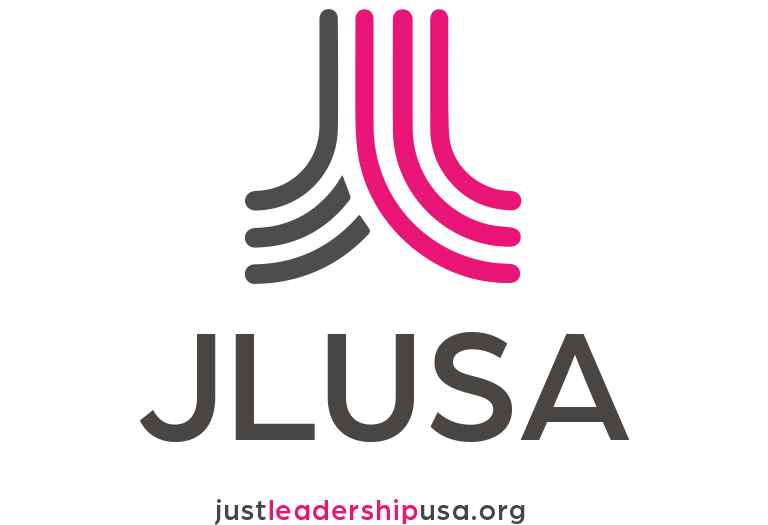
Project Investment
REFORM Alliance aims to transform probation and parole by changing laws, systems, and culture to create real pathways to employment and wellbeing after incarceration. REFORM’s communications platform has a strong track record of activating cultural influencers to use their voice to spur change. REFORM is leading the design of a narrative campaign to encourage employers adopt Fair Chance Hiring practices and amplify the benefits of hiring people impacted by incarceration.

Project Investment
The Responsible Business Initiative for Justice (RBIJ) is an international non-profit organization working with companies to champion fairness, equality, and effectiveness across systems of punishment and incarceration. Through their recently launched Unlock Potential program, RBIJ collaborates with major employers to create meaningful, long-term career opportunities for high-risk youth as a way of preventing future incarceration. In partnership with Job for the Future’s Center for Justice and Economic Advancement, RBIJ is accelerating the adoption of Fair Chance Hiring practices within its existing network of ~500 employers while growing the number of employers interested in hiring job seekers with records.
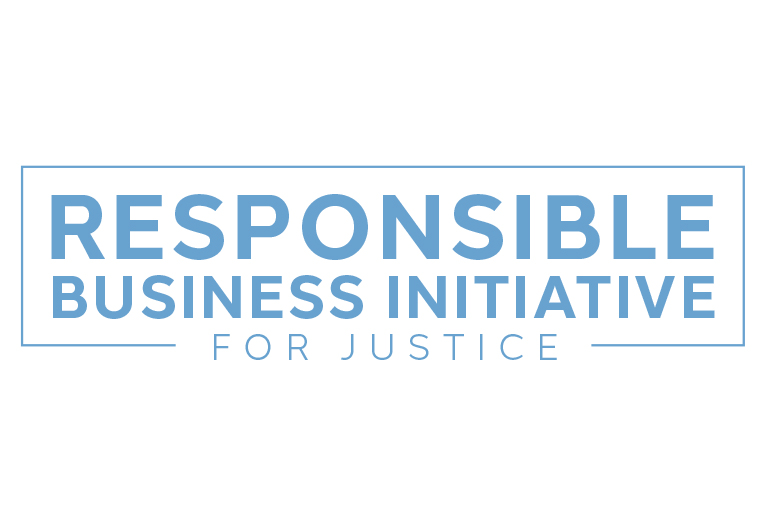
Closed Investment
Major social issues of our time – such as criminal justice reform – are heavily influenced by coverage in mass media, including film. One Community’s Represent Justice campaign is working to shift culture and public opinion of incarcerated individuals and increase awareness and engagement around criminal justice reform. Capitalizing on the film Just Mercy, the Represent Justice campaign seeks to reach people across the political spectrum and in a variety of settings, including schools, churches, and prisons, to create public demand for a fair legal system, dignity for system-impacted communities, and an end to extreme sentencing and mass incarceration.

The Justice and Mobility Fund focuses on creating opportunities for justice-impacted people in order to mitigate the damage that engagement with the system causes. Through a scale readiness initiative, we invest in organizations to create and implement action plans to prepare for transformative growth. These strategies have a keen focus on reentry services and pathways to sustainable employment.
The Anti-Recidivism Coalition (ARC) works to end mass incarceration in California. To ensure communities are safe, healthy, and whole, ARC empowers formerly and currently incarcerated people to thrive by providing a support network, comprehensive reentry services, and opportunities to advocate for policy change. Additionally, through grassroots policy advocacy, ARC is dedicated to transforming the criminal justice system so that it is more just and equitable for all people. ARC’s action plan focuses on replicating its Apprenticeship Readiness Programs in the counties that receive half of all residents returning from CA prisons.

With a national affiliate network in 19 states, OIC of America (OICA) delivers workforce development programs to people left out of opportunities, with a particular focus on providing pathways to the middle class. Their high-quality skill development opportunities enable economically disadvantaged and unemployed people of all backgrounds to become productive, more fulfilled members of society. OICA’s action plan focuses on making their highest quality training opportunities accessible to more justice-impacted people across their network and re-envisioning their central office to offer complementary capabilities to their local affiliate offices.
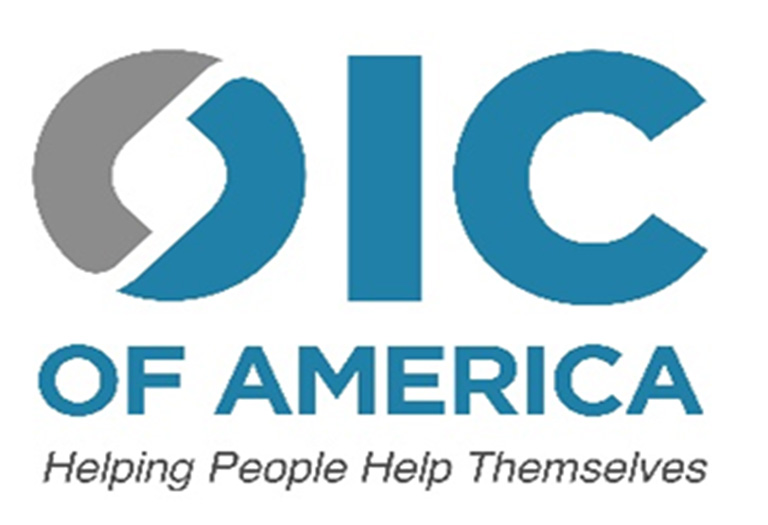
STRIVE helps people with the biggest barriers to employment obtain the training and support they need to achieve upward mobility by providing a pathway to life-changing careers and opportunities through comprehensive professional training, intensive personal support, and self-empowerment. Ultimately, STRIVE seeks to create an inclusive economy with upward mobility for all. STRIVE’s action plan supports the opening of at least two new STRIVE-operating sites and increasesing people served by roughly 5x.
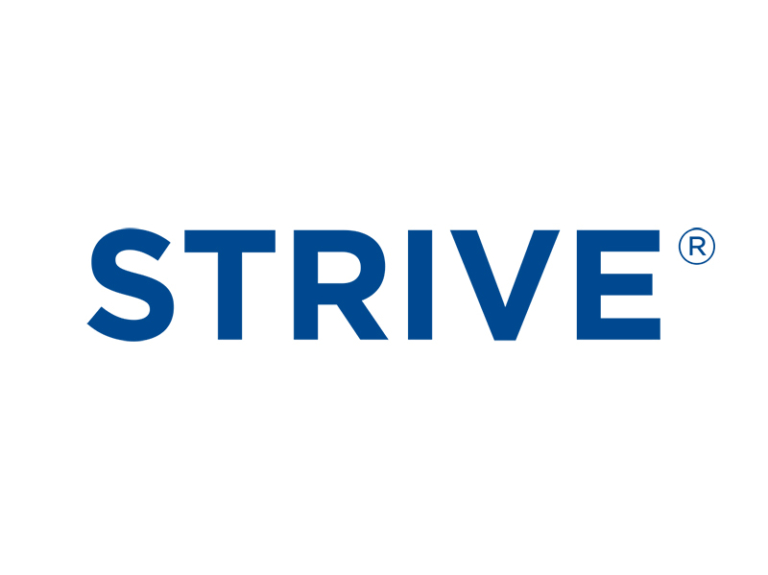
Rubicon Programs equips and empowers participants to develop the economic mobility to move out of poverty. Rubicon’s service areas include building financial literacy; finding immediate employment while working toward long-term career goals; resourcing participants to manage their health; and connecting participants to peer networks of support. Rubicon’s action plan will enable them to leverage their strong track record in California’s East Bay to offer a comprehensive view of how public systems can better serve justice-impacted individuals by creating economic mobility as well as position Rubicon as an essential thought-leader on system transformation and amplify their voice.
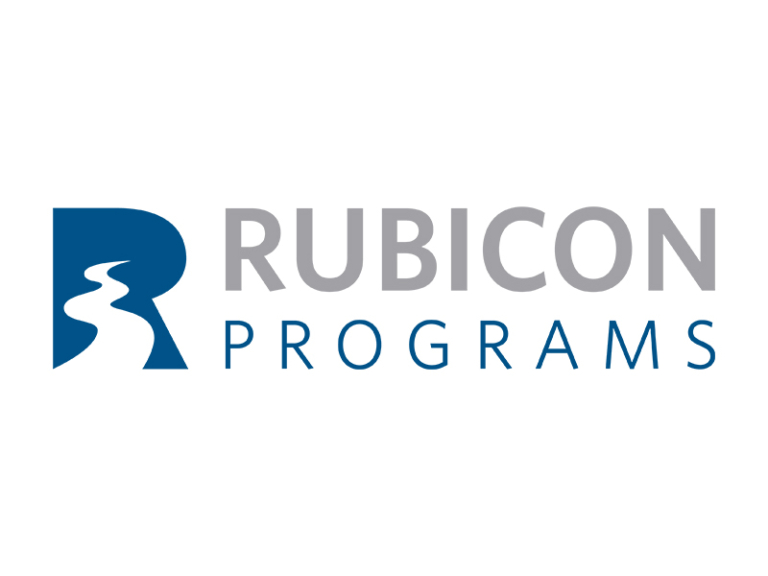
A New Way of Life Reentry Project’s (ANWOL) mission is to empower communities by helping justice-impacted women heal, excel, and lead by developing and providing holistic, culturally competent, individualized reentry resources for justice-impacted individuals. These services include housing, case management, pro bono legal services, advocacy, and leadership development for people rebuilding their lives after incarceration. ANWOL’s action plan will build their capacity to codify and deploy its model through a network of national replication sites.

Click here to learn more about our Past Investments.
Media
Feb 9, 2026
Media
Jan 27, 2026
Media
Oct 7, 2025
Media
Aug 19, 2025
Media
Aug 8, 2025
Media
Jul 29, 2025
Media
Jun 26, 2025
Media
May 19, 2025
Media
Mar 17, 2025
Media
Jan 10, 2025